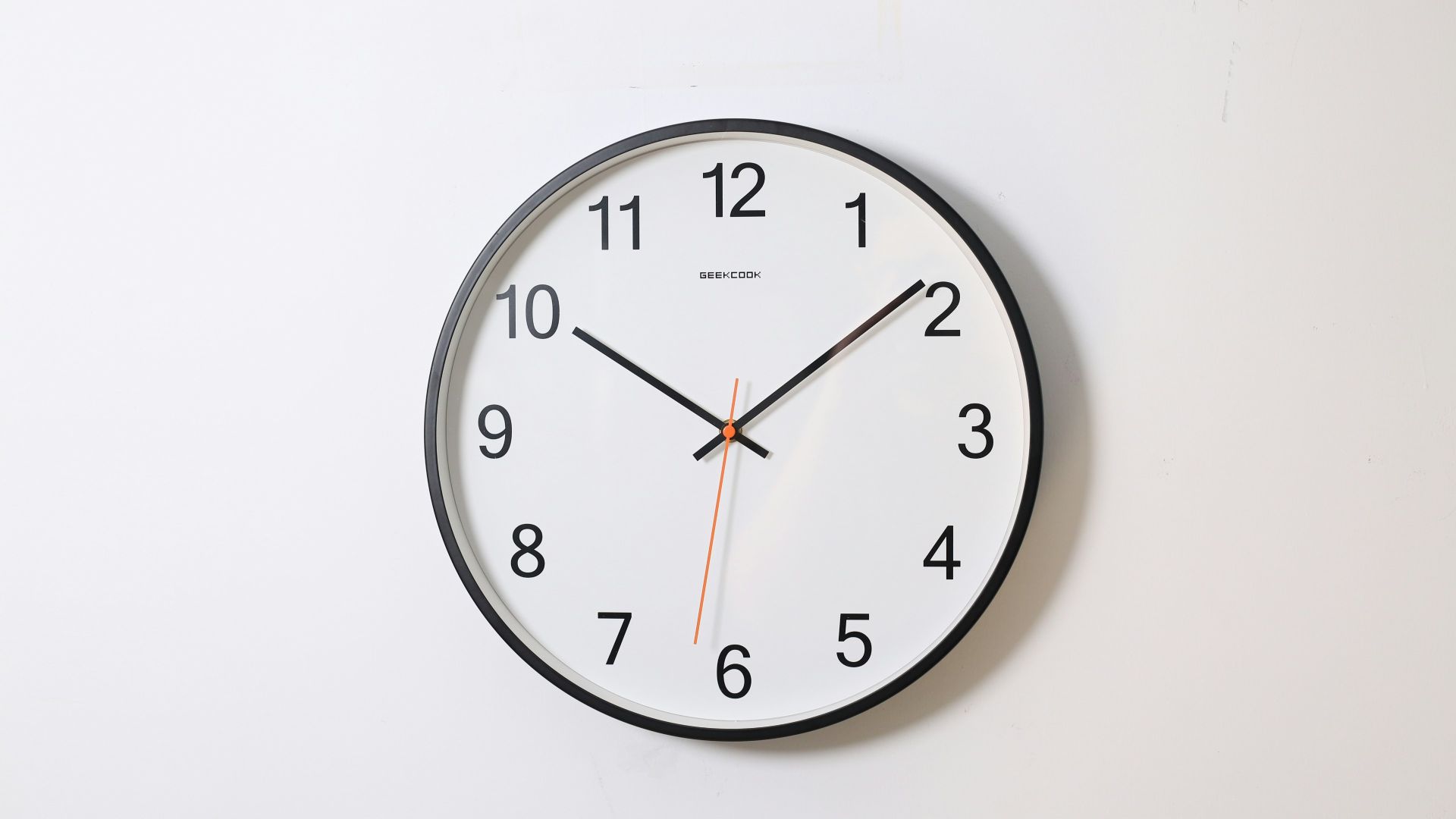 Indra Projects on UnsplashWhat time is it for you? Do your clocks change depending on the season, or does time always time the same where you live? While the latter might seem strange for people who reside in countries where daylight saving time is something they've always followed, there are good reasons why not everyone opts into this method—and hearing these reasons might just change your perspective.
Indra Projects on UnsplashWhat time is it for you? Do your clocks change depending on the season, or does time always time the same where you live? While the latter might seem strange for people who reside in countries where daylight saving time is something they've always followed, there are good reasons why not everyone opts into this method—and hearing these reasons might just change your perspective.
What is Daylight Saving Time, Anyway?
For those not familiar, daylight saving time is the practice of shifting your clock an hour forward or backward to make full use of longer days during summer. This way, evening settles in later. Regions around the world that follow this practice include the United States, Canada, Europe, and Australia, but more and more countries and states are opting out. In the US, for example, Hawaii and Arizona are the only two states that don't shift their clocks.
In fact, in the last decade or so, Azerbaijan, Iran, Jordan, Namibia, Russia, Samoa, Syria, Turkey, and Uruguay have all abolished the practice. The Ukrainian parliament also voted to cease daylight saving time in July 2024, and while it was approved by lawmakers, President Volodymyr Zelenskyy did not have plans to sign it.
First: The Good
Despite the inconvenience of switching clocks back and forth, there are good reasons why some countries still cling to the practice. For one, not only does daylight saving time allow us to take better advantage of longer days and sunlight in the summer, but it may also promote healthier lifestyles, a stronger economy, and better safety on the roads.
Not everyone agrees with these arguments, though, which is why more countries are swaying in the other direction and hoping to abolish the practice. But if getting rid of daylight saving time means you'll have fewer hours in the day with more light, why are some people so keen on not turning their clocks?
The Bad
Well, health experts have the answer to that previous question, and it's this: constantly shifting our clocks means our bodies need to readjust to new hours, and that can greatly affect our circadian rhythms. The more disruption we experience in our sleep-wake cycles, the higher our risk of disease. And even though getting more sunlight is good for our internal clocks, exposure to darkness earlier on isn't inherently a bad thing; in fact, it can help get us ready for sleep more easily, something that might be harder if daylight saving time readjusted our schedules so that our evenings had more light.
Additionally, even though some might argue that daylight saving time can decrease the frequency of accidents (and increase safety), this isn't always true. Past studies have shown that more human errors can occur on the road and at workplaces, all because a shift in the clocks resulted in altered sleeping schedules.
Turning the Clock
What does this mean for daylight saving time in the future? With more countries advocating for the practice to be abolished, it won't be surprising if more regions join the list in the coming years, though these changes may take longer than expected to be put into effect.
And despite being practiced in much of the United States, Canada, and Europe, most of the residents in these regions are more in favor of nixing it. A poll by Monmouth University in 2022 found that two-thirds of Americans want to stop turning their clocks. What the director of the Monmouth University Polling Institute, Patrick Murray, noted also likely resonates with how most people think of daylight saving time, too: "The later light provided by daylight saving time is fairly popular. Changing back and forth to it each year is not."









